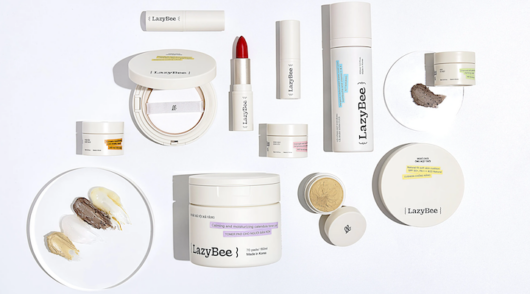Retail sales in Vietnam’s commercial capital Ho Chi Minh City surged 11.2 per cent last month to an estimated US$4.8 billion.
But celebrations may be short lived with the coronavirus impacting spending patterns in February and the early timing of Lunar New Year boosting January’s figures.
According to official government data, Ho Chi Minh City retail sales in key sectors including food & beverage, household appliances and apparel reached US$3.25 billion for the month, all spurred by increased demand during Lunar New Year (it is customary for Vietnamese to wear new clothes to mark the onset of a new year).
And while shopping malls and convenience stores have suffered declining footfall due to the coronavirus crisis in February, supermarket sales have surged dramatically since reopening after the holiday, which officially ended on January 29.
According to a spokesperson from the South Korean-owned Emart, the supermarket chain has since experienced double-digit daily sales growth, peaking at 40 per cent one day. Most commonly purchased products are fresh food, dry food (such as instant noodles, sugar, rice), hand sanitiser and antiseptic water.
“[Sales of] fast-moving consumer goods increased by more than 50 per cent,” said the spokesperson. “While dry food increased 1.5 times, toilet paper sales nearly doubled.”
Although a number of other retail sectors experienced declining sales, the average retail sales growth seemed to hold up, the spokesperson said.
Supermarket and hypermarket operator Saigon Co.op also reported significant growth since the coronavirus outbreak. Fastest-moving items were essential consumer goods, especially sanitising and consumer health products.
Meanwhile, the coronavirus crisis has left major shopping malls and department stores such as Vincom and Takashimaya into what local media have described as “deserted” venues as people avoid going to public areas.
For convenience stores, the circumstances are little better. Korean c-store chain GS25 has reported sales have dropped by 40 per cent.
Retail industry experts in Vietnam predict that consumption will shift from electronics products to health items and that supermarkets and e-commerce will replace traditional markets due to lower perceived risk of virus transmission.
As of February 13, there have been only 15 confirmed cases of coronavirus infection recorded in Vietnam, of which six are listed as having fully recovered.






